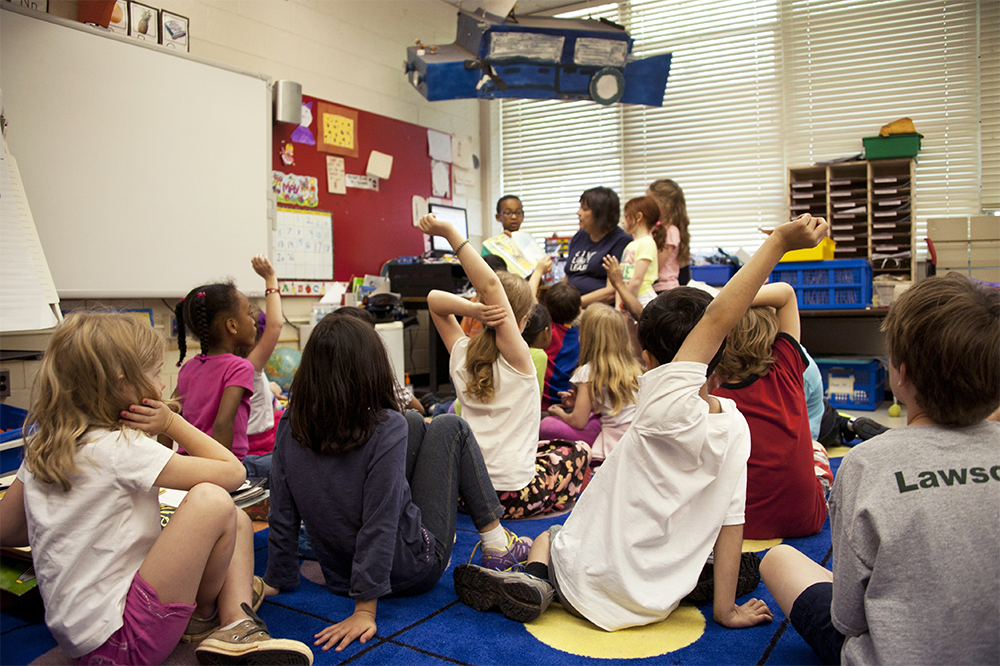“We had captured data from the children’s experiences from before the onset of the pandemic,” said Sherri Castle, assistant director of research for the Early Childhood Education Institute at OU-Tulsa. “They were then in the first grade during the spring semester of 2020 when schools transitioned to remote instruction, and in third grade when we were able to resume testing after the schools had reopened. This data has proved to be very enlightening and useful in determining ways to support schools and teachers.”
The Study of School Experiences and Early Development, or Tulsa SEED Study, is a research collaboration between ECEI, an applied research institute at OU-Tulsa that creates projects designed to advance and support equity in early childhood programming and policies by generating and disseminating high-quality, meaningful research, and Georgetown University. It has been studying a cohort of young children beginning in 2016 when the students were 3 years old and followed them through their educational journey.
According to their research, the effects of remote learning is less about losing knowledge that had already been acquired and more about gaining new knowledge at a dramatically slower pace than they did before the pandemic.
“As a result, their academic performance is well below the level of learning expected for their age,” reads the study.
The children were tested in letter and word recognition, as well as math problem-solving skills in the fall of first grade, but the COVID-19 pandemic put off any further testing until fall of their third grade year.
When their pre-pandemic scores are compared to their later scores, there is a clear knowledge gain. But when their scores are compared to those of similarly aged children tested in the early 2000s, the knowledge gain happened at a dramatically slower pace.
This creates a scenario for teachers wherein children in each classroom have a broader range of abilities.
According to the study, teachers don’t need to reteach concepts students learned in lower grade levels, but need training for teaching children who are showing a broader range of scores – both lower and higher than the average – than they used to.
“While this may seem like semantics, the distinction between ‘learning loss’ and ‘learning stagnation’ is an important one,” Castle said. “This distinction is and will continue to play out in the classroom as teachers are adjusting to a very different reality in learning levels from before the pandemic. They need recognition, support and training to facilitate this unique challenge. Children, families and society depend upon teachers having necessary support as active agents of recovery from the pandemic.”
To learn more about the Early Childhood Education Institute at OU-Tulsa, click here. To read the full Tulsa SEED Study, click here.


